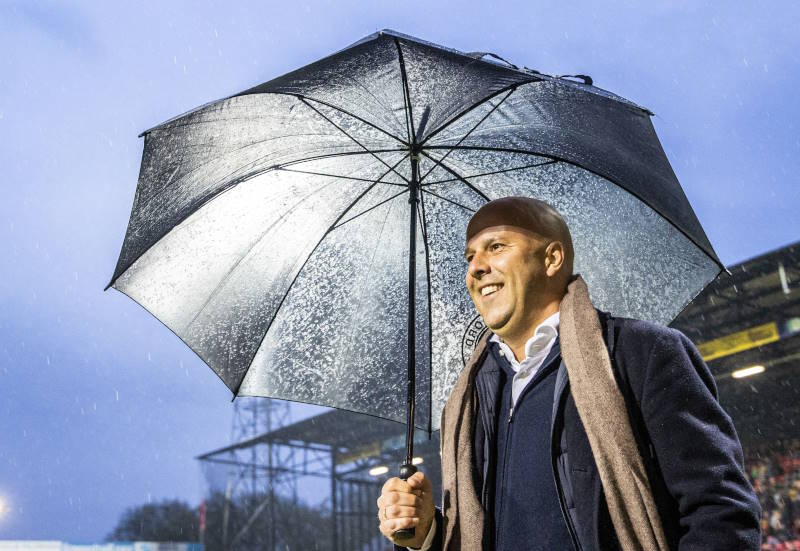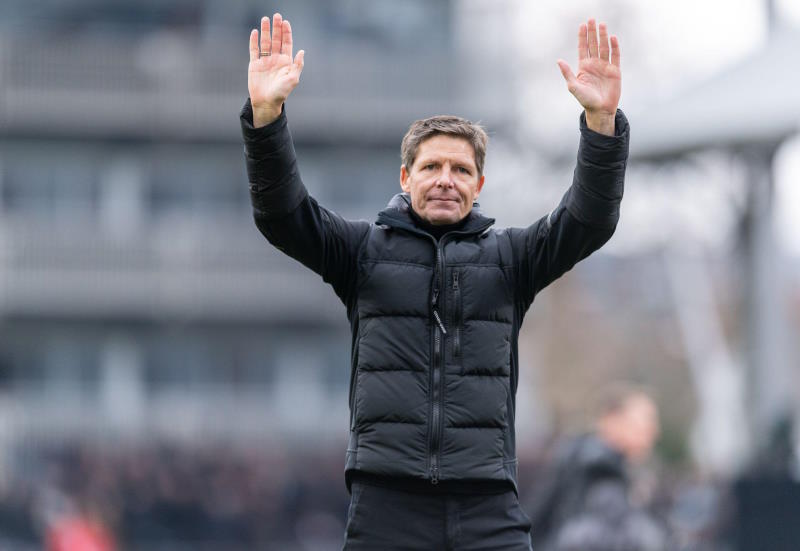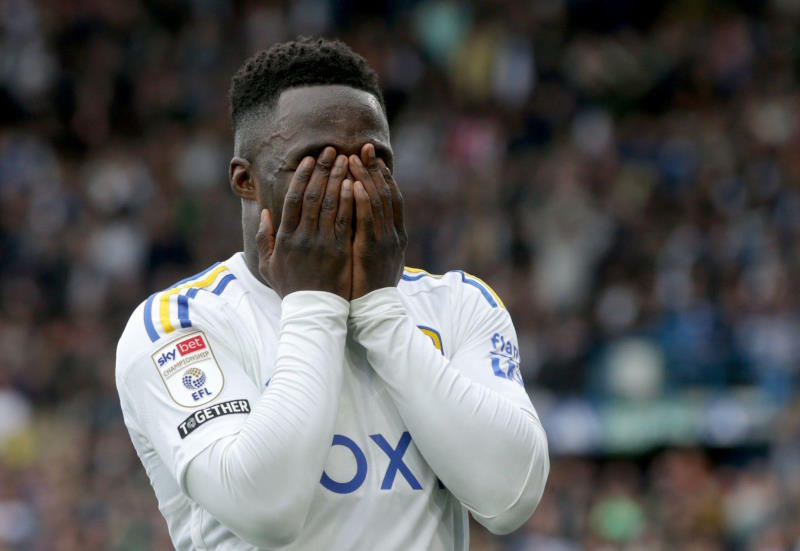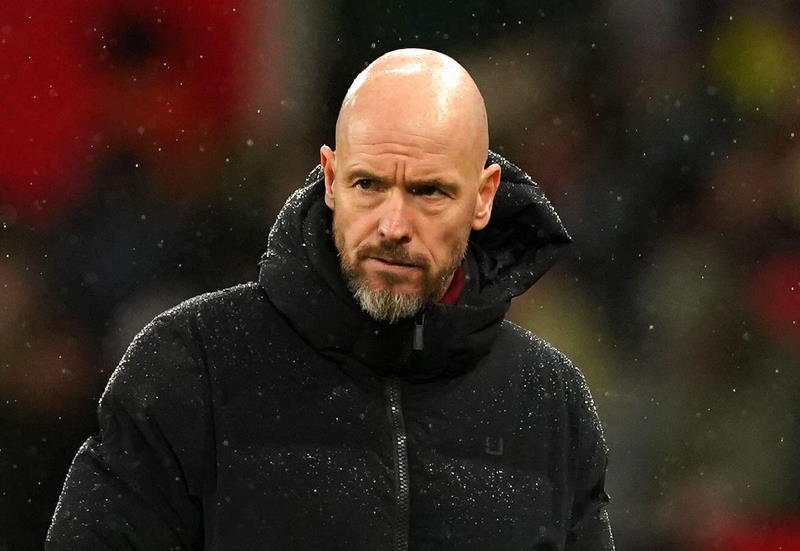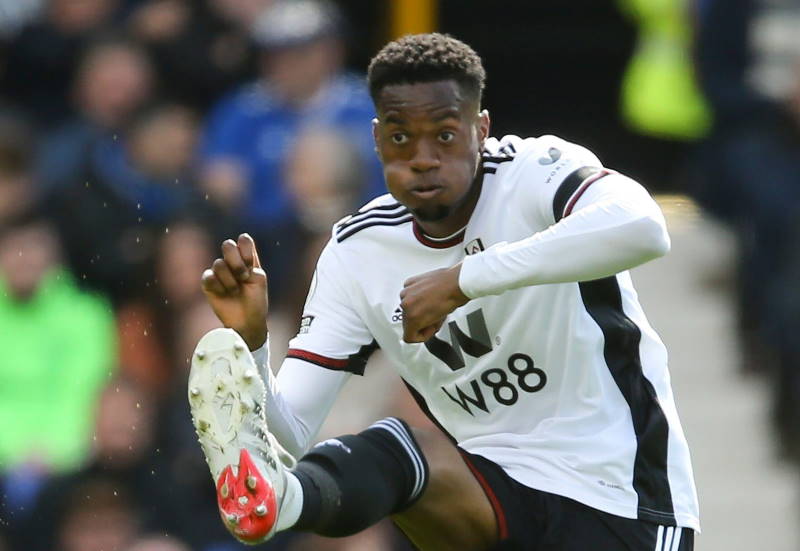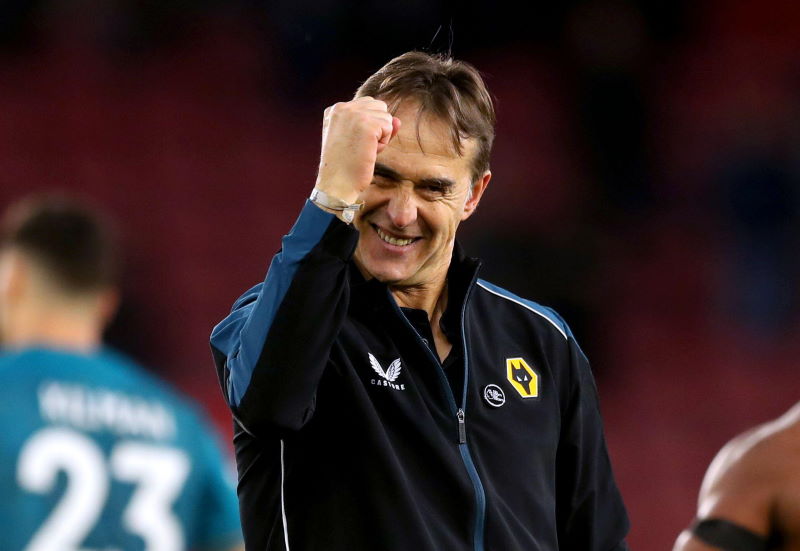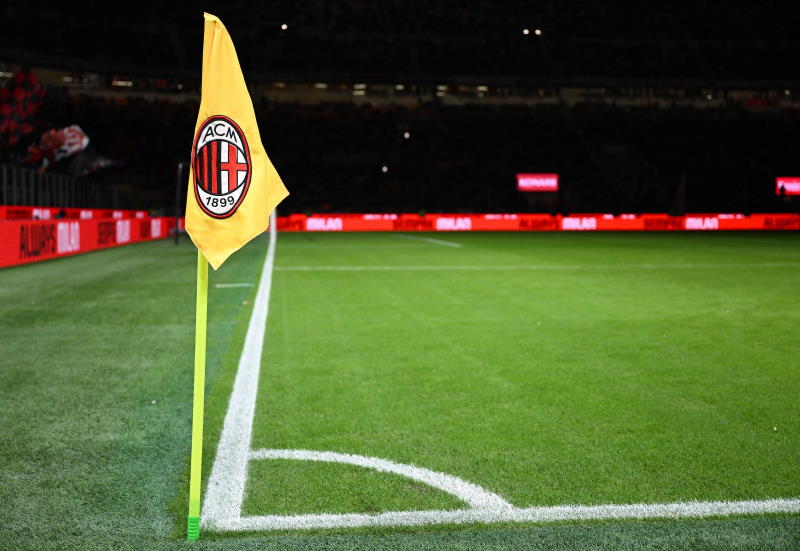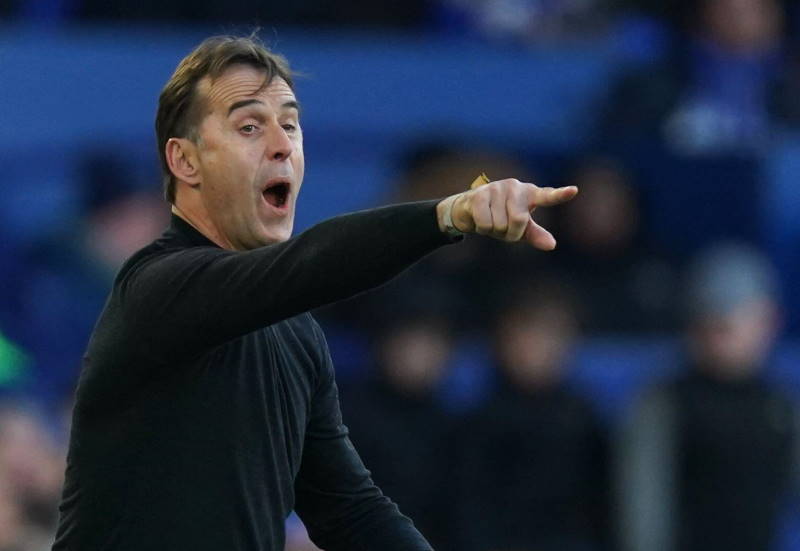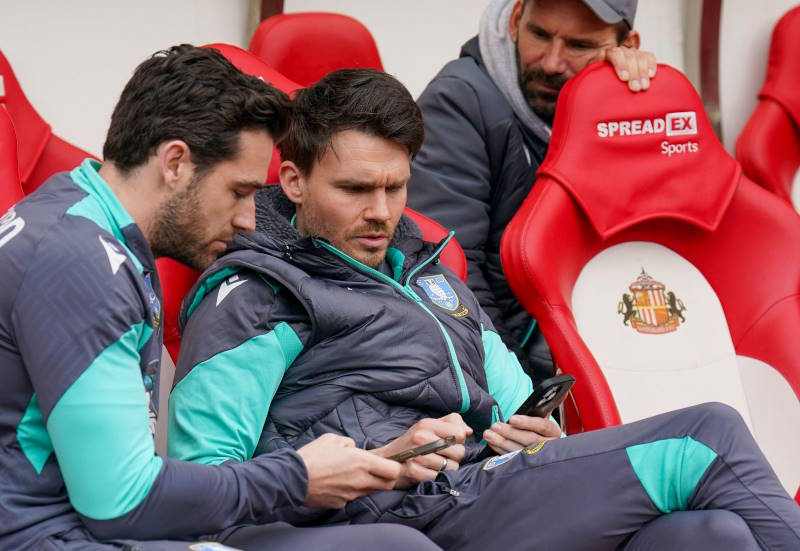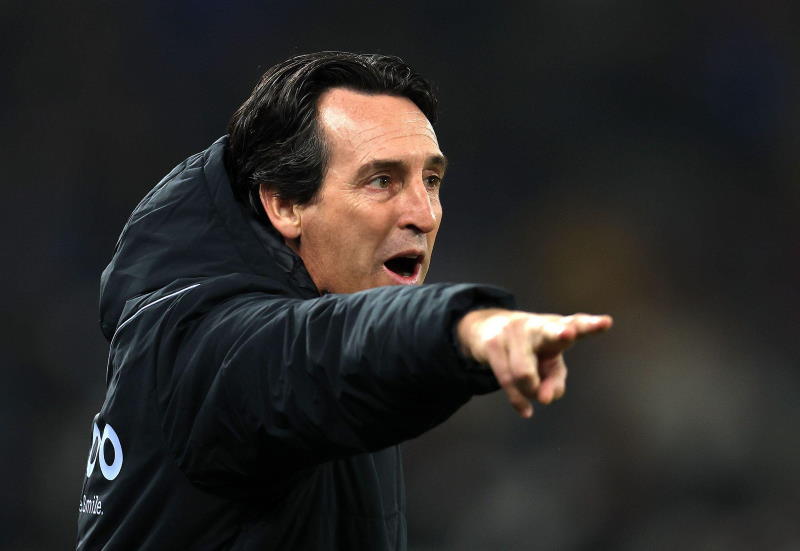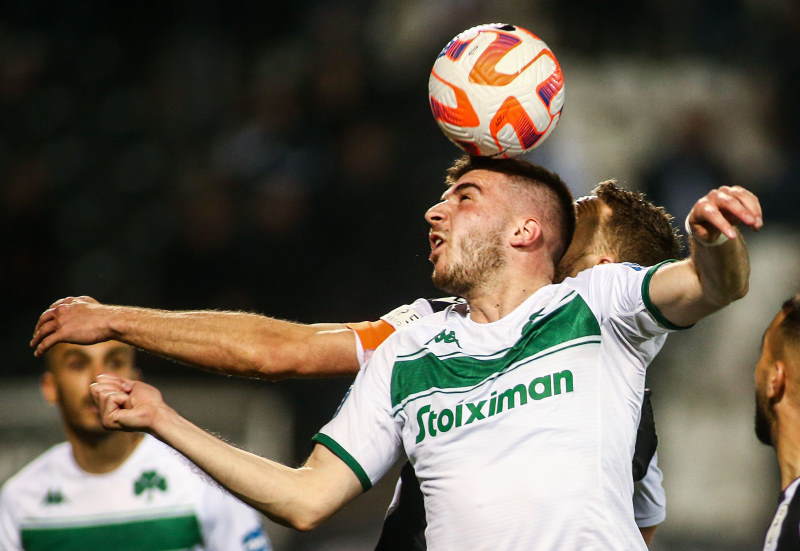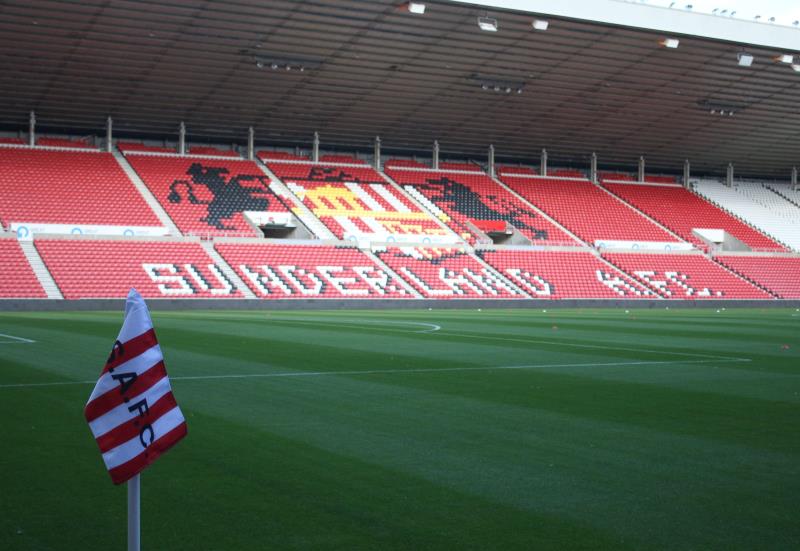Liam Barnes
As David Beckham and José Mourinho look forward to making their long-awaited and emotional returns to the clubs where they made their names world famous, it would be surprising if their outpourings of nostalgia and goodwill from the fans who once sang their names (and sometimes still do) weren’t mitigated by an envious look at their opponents.
The Champions League last 16 ties pitting Chelsea against Serie A champions Internazionale and Premier League winners Manchester United against the mighty AC Milan, whilst being heavyweight encounters and easily the juiciest match-ups of the round, also highlight the shift in the balance of power in European football. English football has risen from the ultimate low of the late 80s and early 90s to possess the richest, most popular and arguably most entertaining league in the world, while Serie A has slowly slid behind both England and Spain to become the poorest of the big three European leagues, partly through its self-inflicted corruption scandals and partly through their rivals’ economic progress.
Five years ago, before the ‘Miracle of Istanbul’ finally shattered any notion of an Italian psychological edge over British teams, these would have been impossibly close calls, with Carlo Ancelotti’s Milan in its strongest incarnation, Roberto Mancini’s Inter a strong if erratic contender, as well as the lurking menace of Fabio Capello’s Juventus. That all three coaches now ply their trade in England is telling of the changing landscape in the game.
Even though two and a half years ago Milan managed to totally outclass Man Utd in the semi-final and then beat Liverpool to win the Champions League, with tormentor-in-chief Kaka now plying his trade in Madrid, the squad having grown in age yet lessened in quality – exemplified by their exile, relegation almost, to the UEFA Cup last season – and with an unproven manager in Leonardo facing one of the most wily and experienced coaches still going, the shoe is definitely on the other foot.
A further sign of this decline is the readiness with which Milan looked to repeat their loan signing of Beckham last year, a player whose best days are long behind him, reduced to cameos for England and some occasional strong turnouts in a still relatively weak MLS. Alexandre Pato may be the next star of Brazilian football, but there are too many Ronaldinhos, Seedorfs and Beckhams in the side for Milan to be considered amongst the favourites for the tournament, and such shortcomings are underlined in pairing them with probably the strongest side other than Barcelona or maybe Chelsea. Beckham the fan may not be too dispirited if his old side knock his new team out in a love-in at Old Trafford, but surely Beckham the professional, the commercial powerhouse, the World Cup hopeful needing to prove himself against the best of the best, could not face being humiliated and thrashed by the man for whom he played his best club football.
While David Beckham’s career is coming to a close, José Mourinho is still a young and ambitious coach, but although he has topped the league in yet another country since his acrimonious departure from the fortress he built at Stamford Bridge, he can hardly be said to have increased his substantial stock by much, while some may even go as far to suggest the Portuguese’s career has, if not stalled, then surely accelerated very slowly in the last two years. Winning Serie A was still important, but with Milan in transition, Roma financially troubled and Juventus still rebuilding from Calciopoli’s tumultuous effects, it was not as impressive as the way Mourinho bagged Chelsea’s first titles in 50 years, nor his steering of Porto from perennial Portuguese pace-setters to European champions. A fractious relationship with the Italian media, the Italian football community and most of the rest of Italy hasn’t helped, and his natural cocky abrasiveness has always been a stick to beat his prosaic, athletic football with, especially when Mourinho was paired with and beaten by a Barcelona side employing a footballing equivalent of a “hearts and minds” assault on every competition going.
The biggest problem for Mourinho, however, has been Europe, where his side have not exactly floundered, but definitely struggled, going at one point eight games without a victory, and only winning three of the 14 games they have played over the last two years. This is what he was brought in to do – otherwise Mancini would not have been available to bother with the hassle at Manchester City – and he has so far failed, particularly against Barcelona and Man Utd, when it really mattered. It is now six years since the Portuguese kissed the European Cup with Porto, and though he was undoubtedly unlucky at times with Chelsea, another good run is imperative, or he may have to face the first big letdown of his managerial career. Therefore a return to Chelsea will be more a matter of business than an emotion, Mourinho needing the win to keep his job, back up his big talk, and bring his trophy cabinet back into equality with his ego.
The biggest problem facing Mourinho, more so than Beckham, is that the Premier league is the place to be, and Serie A has less money and less pulling power than it did five or ten years ago. Since Man Utd beat Inter and then the legendary Juventus of the late 90s on their way to the treble, England has caught up and sailed ahead of Italy, as evidenced by the greater proportion of world class players in the Premier League. Mourinho is still a big fish, and he would walk into any vacant Premier League position, even the one that will eventually open when Sir Alex Ferguson finally retires, but at the moment he, like Inter and the rest of Italy’s leading clubs, are relying too much on their illustrious history to maintain their position in the upper echelons of club football.
As the Premier League Empire marches on, Beckham and Mourinho find themselves in the rare role of the underdog, and their bite must be as strong as their bark if they, like their Italian clubs, are to regain their role as the top dogs in Europe.
Related Articles:
- – Davide Santon: Growing Pains On Path to Stardom
- – Atalanta Making Steady Progress to Escape Drop
- – Are Italian Youth Policies Good Example?

